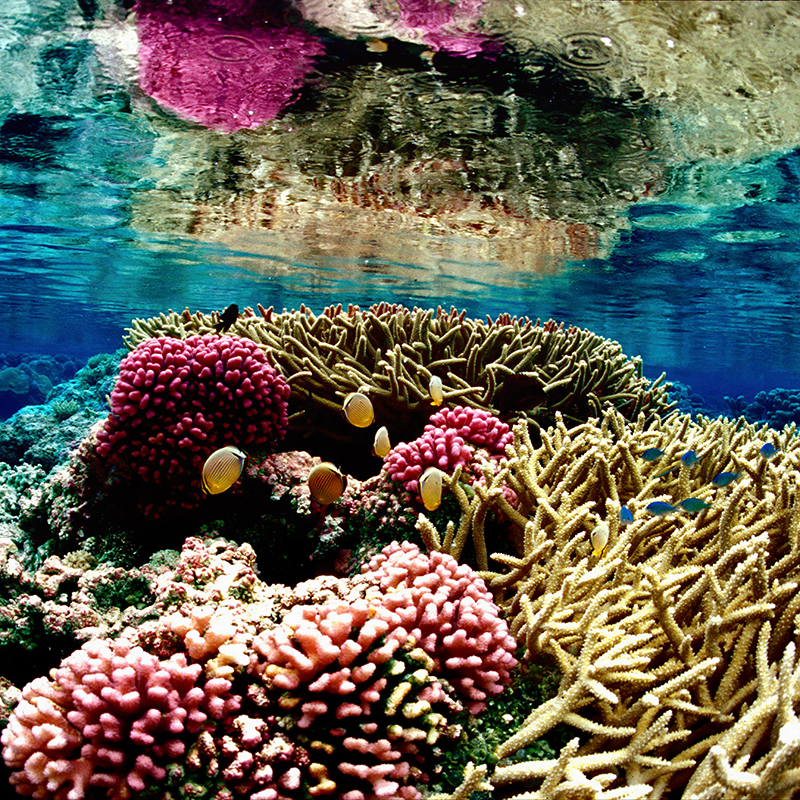After decades of being overfished and mismanaged, and the worst bleaching event on record this year, scientists reported in the journal Nature this week that there remain some “bright spots” among the world’s coral reefs
 ”“ systems that are doing better than anyone expected. The study examined 18 different factors at 2,514 reefs in 46 nations, including water depth, tourism, fishing, and population density. Those systems that were still thriving — defined by the scientists as having more fish than expected — tended to be managed by, and accessible only to, local fishermen and indigenous groups. This included reefs in places like the Solomon Islands, parts of Indonesia, Papua New Guinea, and Kiribati. “There’s been a narrative about local involvement, but it’s often very token,” Joshua Cinner, a research fellow at James Cook University in Australia and lead author of the study, told The Atlantic. He said there should be more opportunity for “communities to creatively confront their own challenges.”
”“ systems that are doing better than anyone expected. The study examined 18 different factors at 2,514 reefs in 46 nations, including water depth, tourism, fishing, and population density. Those systems that were still thriving — defined by the scientists as having more fish than expected — tended to be managed by, and accessible only to, local fishermen and indigenous groups. This included reefs in places like the Solomon Islands, parts of Indonesia, Papua New Guinea, and Kiribati. “There’s been a narrative about local involvement, but it’s often very token,” Joshua Cinner, a research fellow at James Cook University in Australia and lead author of the study, told The Atlantic. He said there should be more opportunity for “communities to creatively confront their own challenges.”

Coral reef on the Palmyra Atoll in the Pacific.